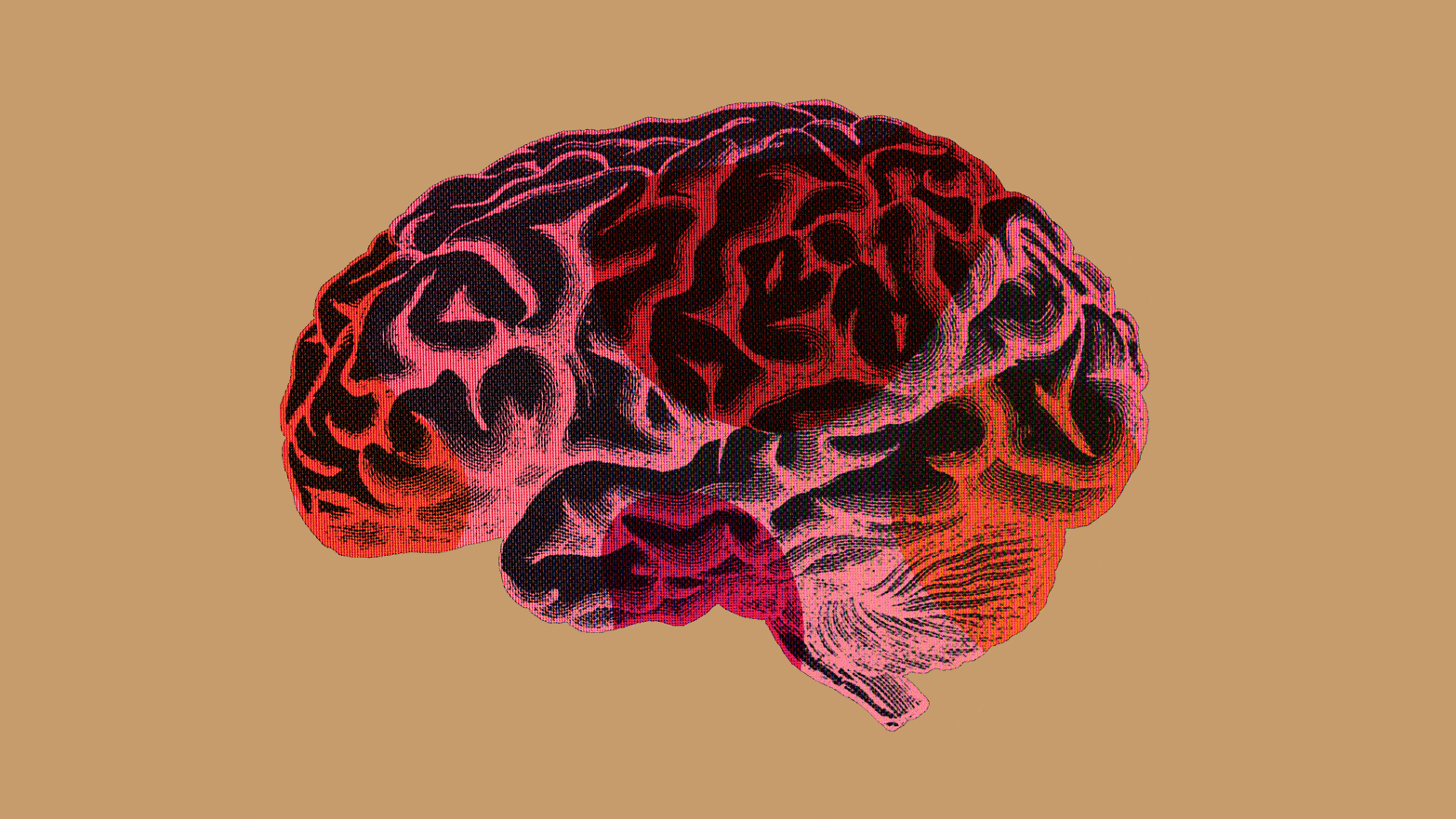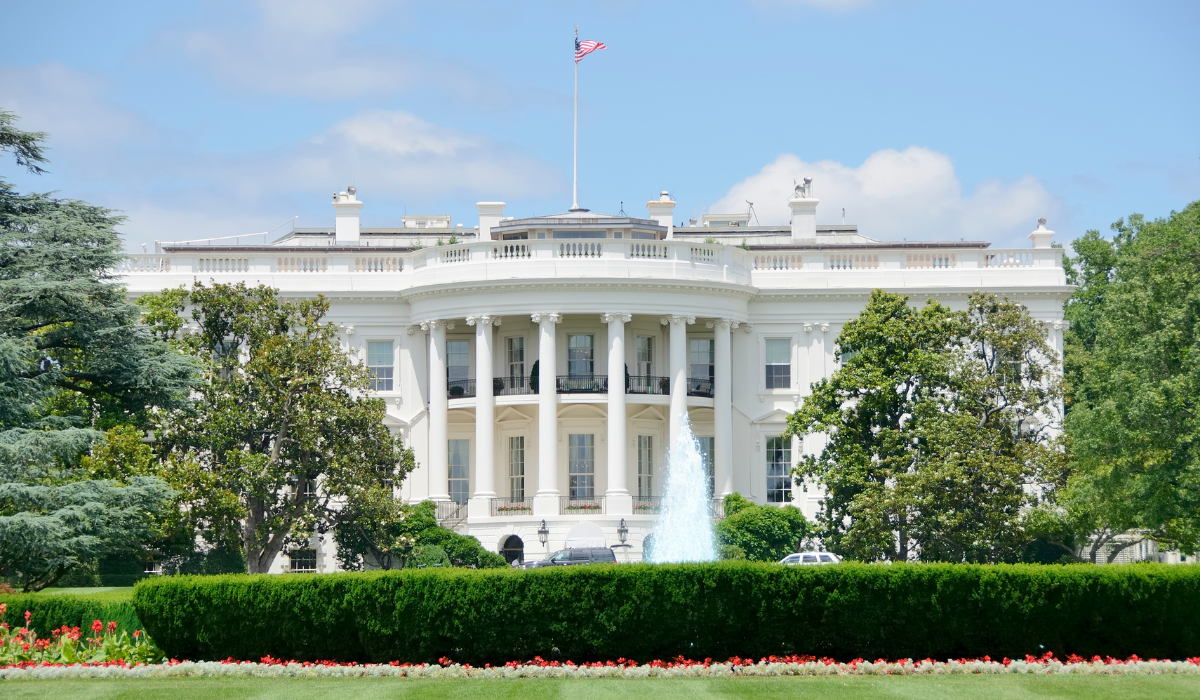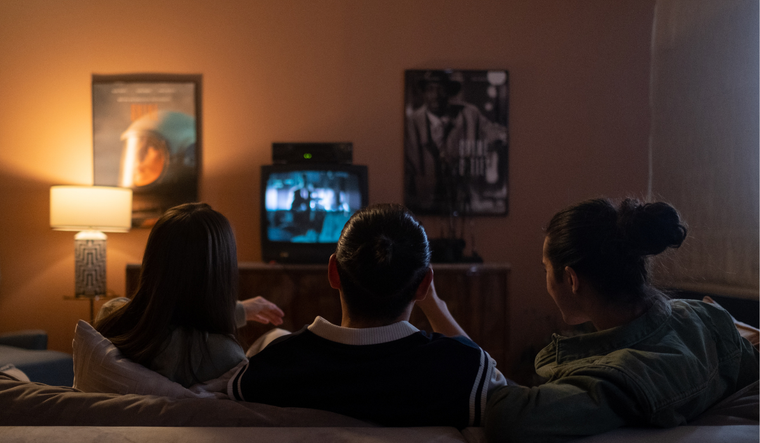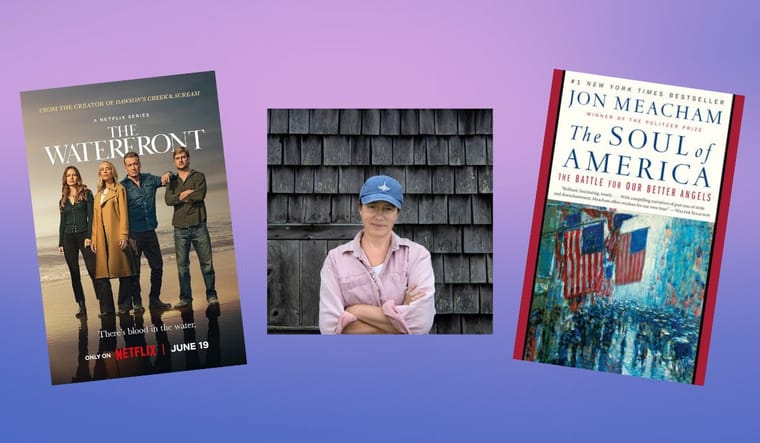News Above the Noise—Week of March 19, 2023
1. Biden Bypasses Congress to Tamp Down Gun Violence
This week, President Biden signed an executive order that will get “the U.S. as close to universal background checks as possible” without legislation, said The White House. With Congress gridlocked on the issue—and gun safety advocates pushing the Biden administration officials on the issue for months—the executive order was necessary. Just four months into 2023, there have been 109 mass shootings in which four or more people were injured or killed. To read more about this developing story on Politico, click here.

2. New Legislation Will Restrict Cancer-Causing “Forever Chemicals” in Our Water
This week, the Environmental Protection Agency (EPA) announced that it will require near-zero levels of two chemicals (perfluoroalkyl and polyfluoroalkyl)—part of a class of chemicals known as PFAS—in drinking water. These PFAS are often referred to as “forever chemicals” because they don’t break down and persist in the environment. In fact, they’re so common that nearly all Americans have PFAS in their bloodstream, including newborn babies. With research showing as many as 200 million Americans exposed to PFAS in their tap water, the EPA is finally stepping in. “This is very significant,” Michael S. Regan, the administrator of the EPA, told The New York Times. “This is the first time in U.S. history that we’ve set enforceable limits for PFAS pollution.”

3. How Our Minds Trick Us Into Overlooking Signs of Dementia
When it comes to Alzheimer’s disease and other forms of dementia, most of us know what to look for in our loved ones: getting lost in familiar places, incoherence, sexual inappropriateness, paranoid delusions, and even physical violence. Yet the truth is that many of us hesitate to recognize these signs—and it turns out there may be a scientific reason for “dementia blindness,” writes Dasha Kiper, consulting clinical director of support groups at CaringKind (formerly the Alzheimer’s Association). For more on this fascinating topic, read an excerpt of Kiper’s new book, Travelers to Unimaginable Lands: Stories of Dementia, the Caregiver, and the Human Brain on Daily Beast.

4. We’re Thinking About Food Waste All Wrong
There’s been much buzz about food waste for good reason: It accounts for as much as 8 percent of global greenhouse gas emissions; American households of four people throw out an average of $120 worth of food each month; and up to 40 percent of the food in the U.S. ends up in landfills. Obviously, how we’re thinking about tackling the problem of food waste isn’t working—and Tamar Adler, author of two books on cooking leftovers, has a big idea on how we might re-think this issue. “Americans need to collectively replace a preoccupation with “food waste”—which does not sound edible, never mind delicious—with a passion for food use,” Adler writes in The Washington Post. “We need to change our approach from a moralistic one to a practical human one that treats edible ingredients as what they are: food.”

5. Working From Home is Less Healthy Than You Think
When the global COVID-19 pandemic hit, all of us who could work remotely started doing so—posting up in our home offices and dining room tables to put in a day’s work from home. Now, with the pandemic in our rearview, companies are struggling to find the right balance between in-person work days and remote work. Yet while the debate about working from home versus returning to the office has largely focused on productivity (with workers and employers alike saying many employees are equally or more productive in remote settings), have we given sufficient consideration to the potential negative health effects of remote work for some people? Read more on The New York Times.
Editor's Note: Every week, The Sunday Paper's team of journalists sift through the news to find what Rises Above the Noise, makes sense of what's happening in the world, and provides hope for your week to come. While we do our best to provide our own informative summary of each piece, some publications require their own subscriptions beyond our control.
Please note that we may receive affiliate commissions from the sales of linked products.



